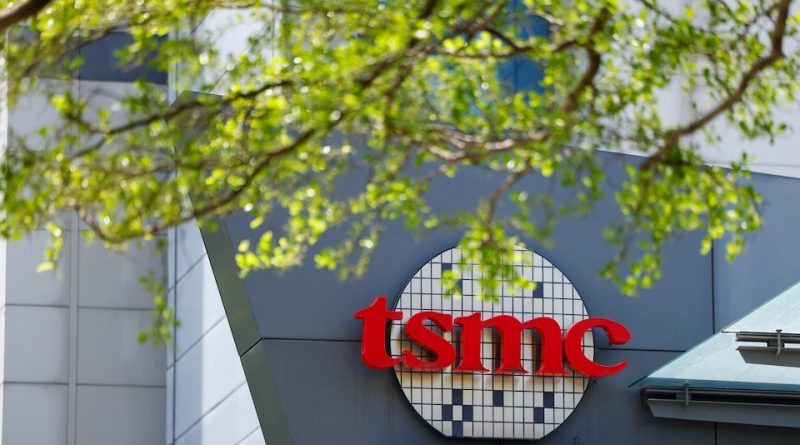TSMC Files Lawsuit Against Former Senior Executive Over Security and Trade-Secret Concerns
Taiwan’s leading chip manufacturer has initiated legal action against a former senior executive who recently joined a U.S. semiconductor rival, raising industry-wide concerns over technology security and competitive risks.
Taiwan Semiconductor Manufacturing Co. has filed a lawsuit in Taiwan’s Intellectual Property and Commercial Court against its former Senior Vice President Wei-Jen Lo, intensifying scrutiny around technology protection, confidentiality, and executive movement within the global semiconductor industry.
In its formal statement, the company said the lawsuit stems from obligations outlined in Lo’s employment agreement, including a binding non-compete clause and regulatory requirements involving the protection of confidential information and trade secrets.
TSMC stated that there is a significant risk that Lo could use, leak, or transfer sensitive technical knowledge to his new employer, making legal intervention necessary to safeguard proprietary chip-development information.
Requests for comment from Lo and his new employer have not yet received responses, leaving questions around their position and planned next steps in the unfolding legal dispute.
Taiwan’s economy ministry said it respects the company’s legal decision and will monitor the situation closely, focusing particularly on whether the matter involves infringement of core technologies or potential breaches of national security regulations.
The ministry also indicated that it will cooperate with relevant agencies as the investigation moves forward, highlighting the broader national implications of intellectual property disputes in strategic industries.
Authorities began reviewing the case earlier this month, after reports suggested that Lo might have taken advanced chip-technology data with him to his new role.
Lo recently joined the U.S.-based semiconductor firm after retiring from Taiwan’s leading chipmaker, concluding a two-decade-long tenure during which he played a key role in multiple major technological milestones.
During his time at his previous employer, Lo was central to the development and scaling of cutting-edge chip nodes, including the transition to 5-nanometre, 3-nm, and next-generation 2-nm process technologies.
His deep involvement in these high-value production advancements is a core reason behind the company’s concerns, as these chip nodes form the backbone of the global semiconductor supply chain.
According to a source familiar with the situation, Lo now reports directly to the CEO of his new company, indicating that he has been placed in a significant leadership position tied to technology and development strategy.
Before joining the Taiwanese chip manufacturer in the early 2000s, Lo also spent nearly two decades at his current employer, working in multiple leadership capacities that included technology development roles and factory management.
He once oversaw a major development facility in Santa Clara, California, gaining deep operational experience with U.S. semiconductor production environments before moving to Taiwan.
The legal case highlights growing concerns across the semiconductor sector, where the global competition for advanced manufacturing capabilities has increased the stakes surrounding talent mobility and trade-secret protection.
Industry analysts note that the dispute may signal a renewed emphasis on safeguarding intellectual property, especially as next-generation chips remain central to national security discussions, global trade tensions, and strategic supply-chain planning.
For Taiwan, which is home to some of the world’s most advanced chip-fabrication facilities, the outcome of this case could influence broader policy decisions on technology security and executive transitions.
As the legal proceedings continue, both the semiconductor industry and government regulators are watching closely, anticipating further developments that may shape future protocols for trade-secret protection and cross-border talent movement.



